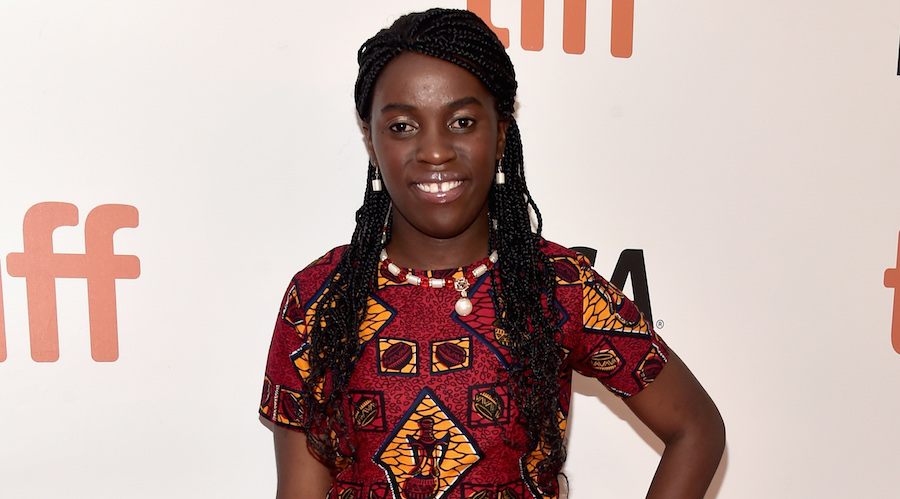If you ever wondered what it’s like to watch a movie about yourself, you can always ask Phiona Mutesi. When we speak, it’s only been a day since she finally saw “Queen of Katwe,” the new film based on her life. Some would find that a surreal experience. Not her. “It was so humbling and so emotional,” Mutesi tells us. “I had to brush away tears every time something happened. I just couldn’t believe it.”
The movie would move anyone. Hollywood loves an underdog story, and Mutesi’s might be the ultimate. “Katwe” shows a woman who went from a slum kid in Uganda to a teen chess champion, playing around the world when she was no older than 14. Now, at 20, she’s the subject of a Disney movie featuring David Oyelowo and Lupita Nyong’o. RELATED: Interview: Journalist Larry Kane remembers being on tour with The Beatles The movie, by Indian filmmaker Mira Nair (“Monsoon Wedding”), manages to blend uplift with an honest depiction of the world its hero escaped. Mutesi was born and, up until a few years ago lived, in Katwe, a slum of the Ugandan city Kampala. Her father died of an AIDS-related illness when was about three. An older sister, Juliet, passed when was about nine. Even after her conquests had attracted the likes of ESPN starting in 2011, her then-daily routine consisted of walking two hours each morning just to procure drinkable water. Along with her mother, Harriet, her two brothers and a niece, she had to move six times in four years, settling for no more than shacks or tiny rooms. Mutesi does not know her date of birth, as records are not kept in Katwe. These days Mutesi, now about 20, speaks to a barrage of journalists covering a movie that skips some of these details, but still conveys her brilliance at an elite game. It shows her (played by Madina Nalwanga) discovering a chess club for kids, run out of a local dilapidated church, by Oyelowo’s Robert Katende. He recognizes her prodigal skills early on and mentors her to wins in places like Chad and far-off Siberia. Even after her initial victories, she still returns to the slums and her fiery mother (Nyong’o). The movie ends around 2012. What has happened since?
For one thing, Mutesi has been traveling, both for her chess tournaments and for the film. She’s a fan of California. “I like its weather. It’s like Uganda,” she says. She’s not a fan of New York, though. “It’s so noisy. I couldn’t believe it.” When she’s back in Uganda — in a house her family could afford after the film and a book, by Jim Crothers, published in 2012 — she lives a normal life. She still goes to high school, and her studies mean less time for chess, which she can only practice on the holidays. (Though she did participate in an Olympiad a couple weeks ago.) Her last exam is in November, and she’s considering university. Her preference is Harvard, and she wants to go into law. “In the slums, no one is there to speak on your behalf. They don’t have rights,” she says. “I want to speak for the kids.”
Mutesi was not on set while “Queen of Katwe” was being filmed, though she still formed a bond with Nair, whose 1991 romantic drama “Mississippi Masala,” starring Denzel Washington and Sarita Choudhury, concerned Ugandan immigrants who settled in the American South. “She knows that place. And the people know her,” Mutesi says. “She was just the right person to do this. She’s more like my mother now.”
Speaking of which, her real mother is doing well, Mutesi says. Harriet mostly stays in their new home. “She’s no longer struggling for food. She’s doing great where she is right now,” she explains. Harriet hasn’t seen the movie yet, but she did get to spend time with the Oscar-winning actress playing her. “Now they are really friends,” she says. Nyong’o, Mutesi says, got her mom exactly. “Everything she does, it’s the same as my mom, how she used to act. It’s all true.”
Meet Phiona Mutesi, the chess champion subject of ‘Queen of Katwe’

Getty Images
Follow Matt Prigge on Twitter @mattprigge






















